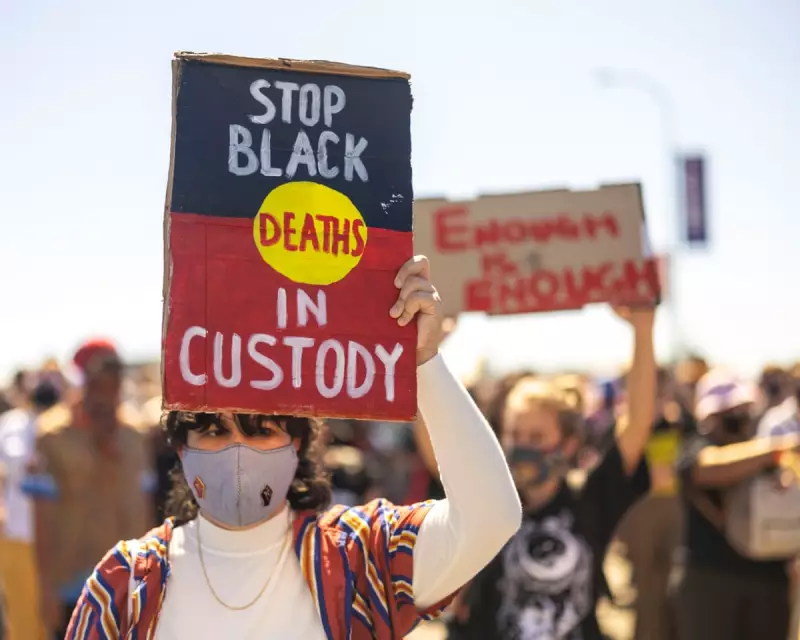
New South Wales is facing a devastating crisis as Indigenous deaths in custody have surged to their highest level in more than a decade, according to alarming new figures released by the state's coroner.
A Disturbing Upward Trend
The coroner's report reveals a deeply concerning pattern emerging across the state's justice system. Despite repeated warnings and promises of reform, the number of First Nations people dying while in state care continues to climb at an alarming rate.
Coroner Teresa O'Sullivan has issued an urgent call to action, highlighting systemic failures that continue to plague the custody system. "We are seeing the same preventable tragedies occurring year after year," she stated in her damning assessment.
Systemic Failures Under Scrutiny
The report identifies several critical areas where the system continues to fail vulnerable individuals:
- Inadequate medical care and monitoring of at-risk detainees
- Poor communication between correctional facilities and health services
- Insufficient cultural awareness training for staff
- Delayed emergency responses in critical situations
Government Under Pressure to Act
The findings place immense pressure on the NSW government to implement meaningful reforms. Community leaders and advocacy groups have expressed outrage at the escalating death toll, demanding immediate action rather than empty promises.
"This isn't just statistics - these are mothers, fathers, sons and daughters whose lives have been cut short," said one Aboriginal community representative. "We've been saying for years that the system is broken, and now we have the coroner confirming our worst fears."
Historical Context of a National Crisis
The NSW crisis reflects a broader national emergency that has persisted for decades. Since the landmark Royal Commission into Aboriginal Deaths in Custody in 1991, hundreds of Indigenous Australians have died in custody, with many recommendations from that inquiry remaining unimplemented.
The coroner's report specifically notes that many of the deaths followed similar patterns to those identified over thirty years ago, suggesting that crucial lessons have not been learned.
Call for Immediate Intervention
Legal experts and human rights advocates are calling for:
- Immediate implementation of all outstanding Royal Commission recommendations
- Independent oversight of custody facilities
- Mandatory cultural competency training for all staff
- Proper healthcare funding within correctional facilities
- Community-led solutions to address underlying issues
The coroner has given the government a strict timeline to respond to the findings and outline concrete steps to address the crisis. With families grieving and communities demanding justice, the pressure for real change has never been greater.




